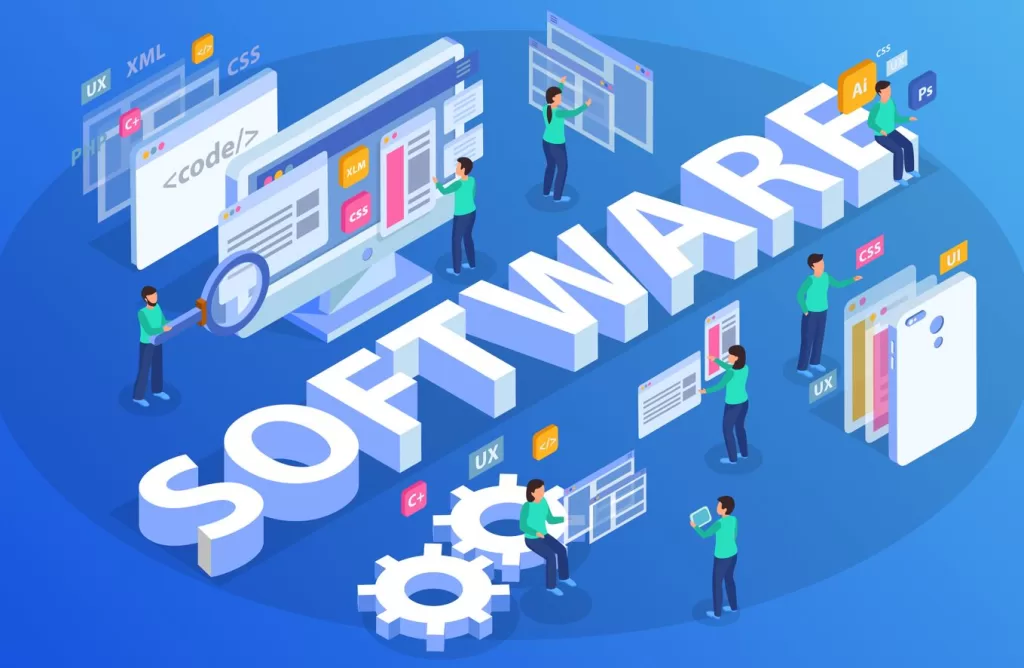Open-source software has been a popular choice for businesses for many years due to its cost-effectiveness, flexibility, and reliability.

Open-source software has been a popular choice for businesses for many years due to its cost-effectiveness, flexibility, and reliability. However, it also has some drawbacks that should be considered before adopting it as a primary tool for your business. In this blog post, we will discuss the benefits and drawbacks of using open-source software in business.
Benefits of Open-Source Software:
-
Cost-Effective: Open-source software is free, and businesses can save a significant amount of money on licensing fees.
-
Customizable: Open-source software is highly customizable, allowing businesses to modify the software to suit their specific needs.
-
Flexibility: Open-source software offers greater flexibility than proprietary software, as it allows businesses to modify and adapt the software to their needs.
-
Community Support: Open-source software is supported by a large community of developers who offer support and advice to businesses using the software.
-
Security: Open-source software is more secure than proprietary software, as the source code is available for review and auditing, making it less susceptible to malicious attacks.
Drawbacks of Open-Source Software:
-
Lack of Professional Support: Open-source software may not have dedicated support teams, and businesses may have to rely on community support for help.
-
Compatibility Issues: Open-source software may not be compatible with other software or operating systems, causing issues with integration.
-
Skillset Requirements: Open-source software may require a specific skillset, and businesses may have to invest in training employees to use it.
-
Lack of Features: Open-source software may lack some of the features available in proprietary software, making it unsuitable for some businesses.
-
Risk of Forking: The open-source nature of the software may lead to the creation of forks, or separate projects that split off from the original project, causing compatibility and support issues.
In conclusion, open-source software can be an excellent choice for businesses looking for cost-effective, customizable, and flexible software. However, it’s essential to consider the drawbacks, such as the lack of professional support, compatibility issues, and skillset requirements, before making a decision. By carefully weighing the benefits and drawbacks, businesses can make an informed decision about whether open-source software is the right choice for them.
You can book a software quotation from professional developers today

